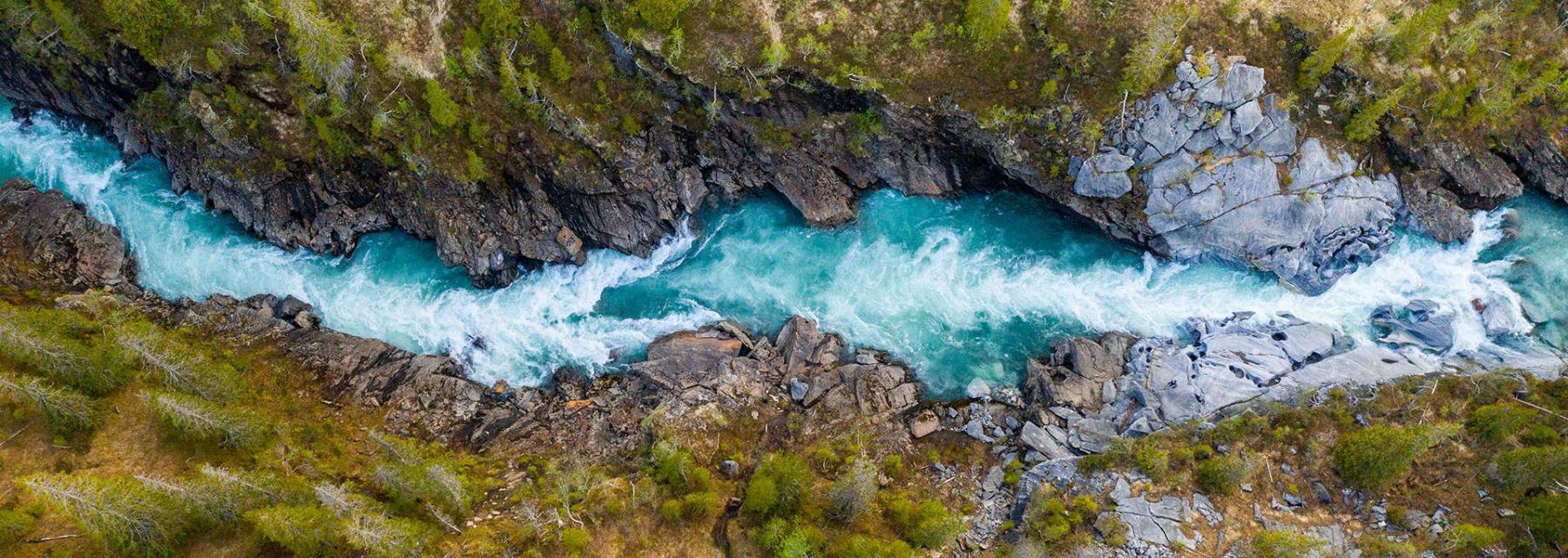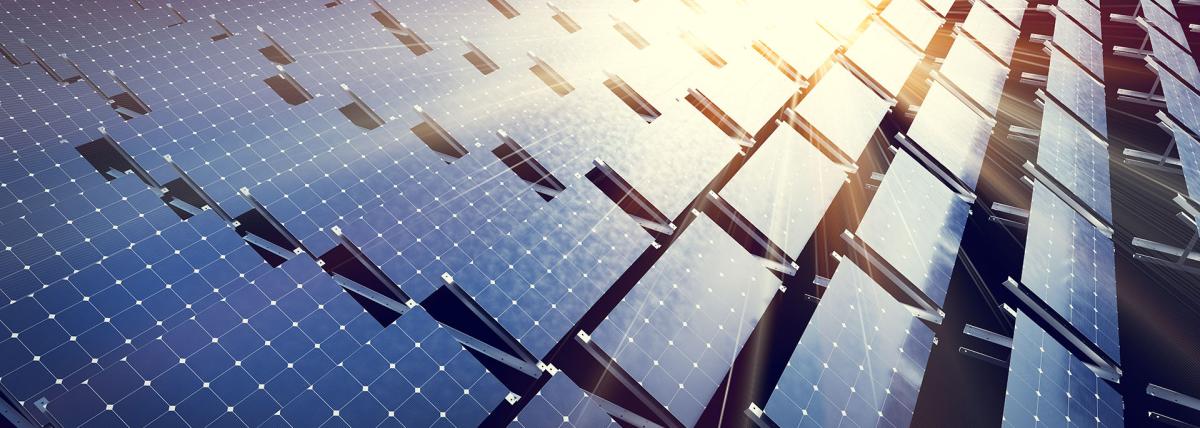
Hydrochemical Analysis of the Natural Waterbodies in the Grand Canyon State (Arizona)
by Michael Angelo De La Cruz
A lesson to teach students how to collect, organize, interpret data, make inferences, raise awareness, and suggest possible solutions on the water quality of the waterbodies in the state of Arizona.
Lesson Plan Link/URL
https://docs.google.com/presentation/d/1vKBQbkIideZbGoQK9d9_En3N3VpTVt-M/edit?u…Subject Area
Science Physical Science P1: Matter Earth and Space Science E1: Earth Systems Technology 1. Empowered Learner 2. Digital Citizen 3. Knowledge Constructor 5. Computational Thinker 6. Creative Communicator 7. Global Collaborator Mathematics Measurement and Data (MD) Ratio and Proportion (RP) Statistics and Probability (SP) Number & Quantity (N) English Language Arts (ELA) Reading (Literature) Reading (Informational Text) Writing
Featured
Off
Related Content

Grades:
9th Grade, 10th Grade, 11th Grade, 12th Grade
This STEM Argumentative Research Project engages students in exploring the scientific, ethical, and societal implications of themes in Mary Shelley's "Frankenstein." Students will work in groups to

Grades:
3rd Grade, 4th Grade, 5th Grade, 6th Grade, 7th Grade, 8th Grade, 9th Grade
Engineers often create small-size models of a new product to test its design. This is especially true with airplanes. Model testing tells engineers how a design responds to different air conditions

Grades:
9th Grade, 10th Grade
This lesson plan focuses around 4 key topics, with activities for each. The plan covers renewable energy, solar energy, why solar energy is important, and what the children can do to conserve energy